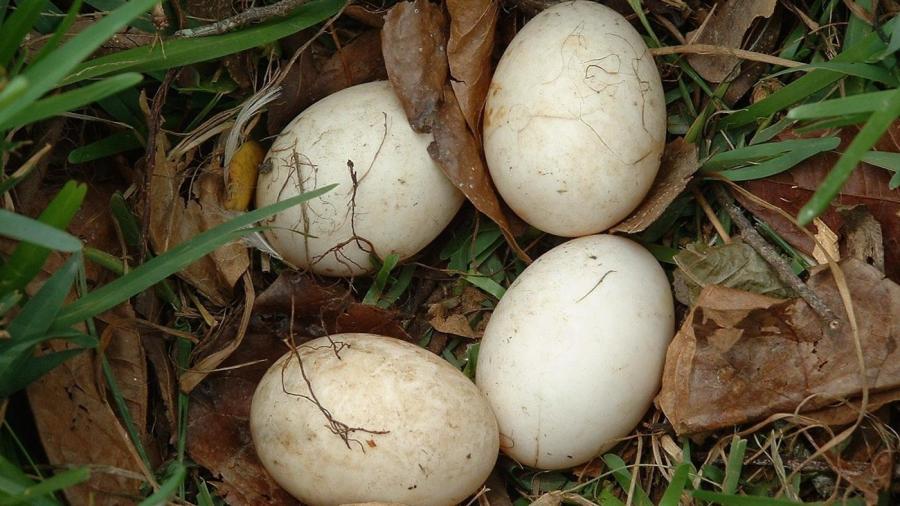How Do You Care for an Unhatched Bird Egg?

Caring for an unhatched bird egg is a difficult and risky process, and according to the Migratory Bird Treaty Act, it is illegal to take or possess any wild bird egg, aside from those of pigeons, house sparrows and European starlings. If you find an unhatched bird egg, consider contacting a local wildlife agency before attempting to care for it yourself. However, there are ways to care for an unhatched bird egg on your own if you have the time and the resources to do so.
-
Determine if the egg needs your care
Don’t assume that an egg found on the bare ground has been abandoned; many birds nest and lay their eggs on the ground. If you are certain that the egg has been abandoned, carefully check its shell for cracks. If you find any cracks, you can attempt to repair them by covering them with a light layer of non-toxic white glue. Keep in mind though, most damaged eggs are likely beyond anyone’s ability to help, in terms of being able to hatch successfully.
-
Keep the egg safe and warm
Once you have determined that the egg has been abandoned and is in need of your care, handle it with caution. Wash your hands before touching it, and move it to an indoor area where it is safe from predators. Don’t attempt to wash or rinse the egg, as doing so can remove its important protective coating. In order for the egg to hatch, it must be kept at a temperature of 100 degrees Fahrenheit at all times. For best results, quickly obtain an incubator, wash the inside of the incubator well, and keep the egg inside of it.
-
Rotate the egg regularly
You need to reach into the incubator and rotate the egg at regular intervals least five times a day (even throughout the night), every day until the egg hatches. The average bird egg takes around 14 days to hatch.





